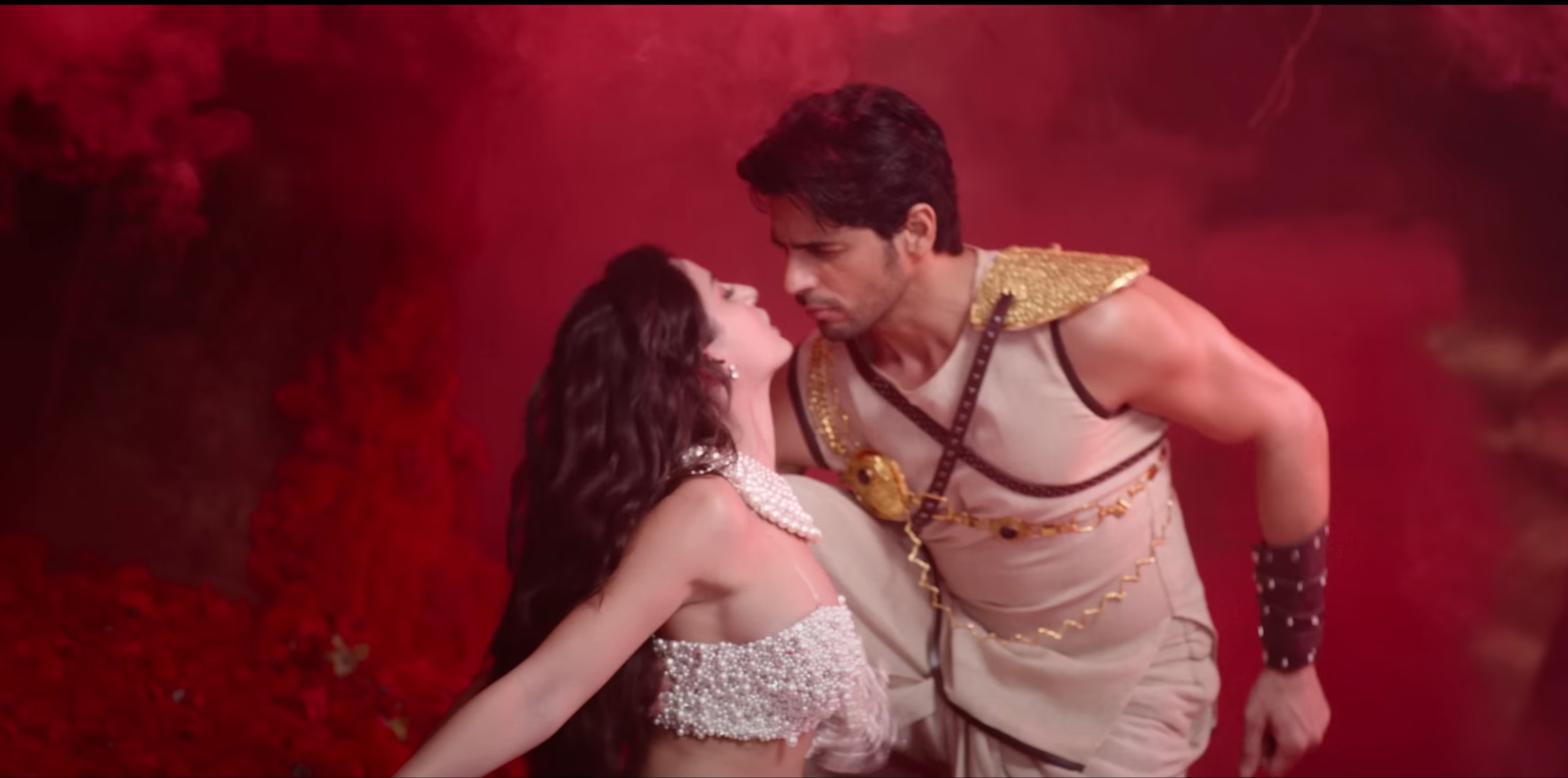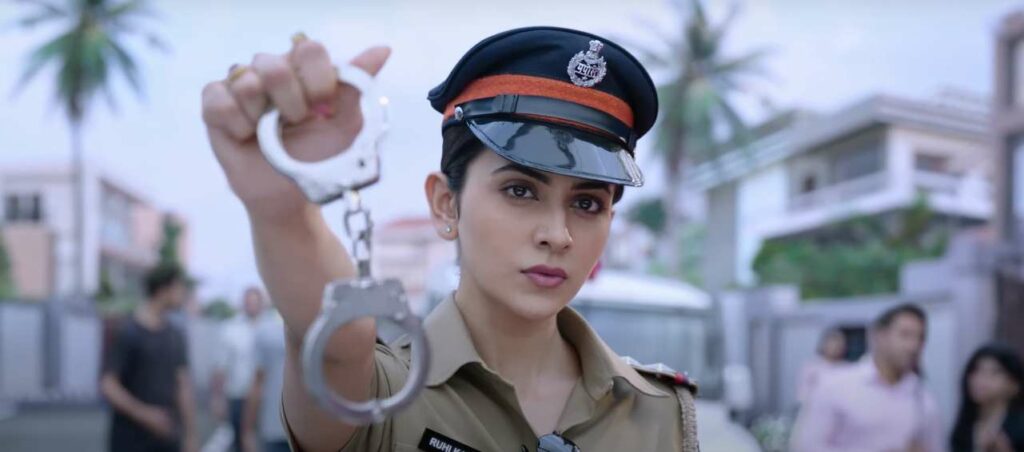Thank God Movie Review: Siddharth Malhotra Leads A Lifeless Afterlife Comedy
The last time Siddharth Malhotra starred in a fantastic and extravagant film designed to teach the value of love and life, things didn't go so well. 6 years later, Poor Bar played the role of Bar Deco in Indra Kumar's Thank God. Malhotra plays the role of Ayan Kapoor. Several years ago, Ayan made a profit as a big real estate tycoon in Mumbai. But after being demonized, his black money business stopped working and he was left in debt (because, of course, in this movie, going cashless is a very good, good and very positive decision that can teach the greedy rich a whole and exclusive lesson). (Also read: Maja Ma review: Madhuri Dixit is Ayushmann Khurrana's best film without Ayushmann Khurrana )
Ayan's debt situation made him feel irritable and angry. Until he suddenly gets into a car accident and wakes up in a world between life and death, trying to determine if he's worth saving. This is a computer graphics controlled world, short for Chitragupta (Ajay Devgn the Beautiful). CG examines each of Ayan's weaknesses and flaws (anger, selfishness, lust, etc.) and puts a test on each so they can show that they can overcome their weaknesses. It's an interesting concept to reinvent the afterlife as a game show where every rival spirit is given a chance to play the game of life to prove it's worth living. But that's where the film's imagination stops.
Aside from the boring storytelling (the film was written by Akash Kaushik and Madhur Sharma), the restrictions were thankfully thwarted by Siddharth Malhotra, who was unable to make a film like this one. Malhotra's performance is a rigorous compositional exercise on a superficial level as it seems to focus more on getting the right facial expressions at the right time than on Ayan as an energetic character. His tough stamina means he can't match the film's animated tone. Comedy is definitely not in his arsenal (how Raj and DK marvel alongside him in the action comedy The Gentleman of Pearl is a mystery). There is a good descriptive moment in the film when Ayan's wife (handsome Rakul Preet Singh despite his very skinny role) has to accuse Ayan of lying. He said something like "totari se toh nakhin lagta" - as if he was talking to an actor, not a character. I laughed.
tonally, thank god, in an absurd world that requires a screeching soundtrack and loud sound effects to make the most of the dramatic and comedic lift. But some fruit, I enjoy a few jokes. For example, when Ayan mistakenly told a guy that he was adopted, or later when he was stuck in an elevator when a very annoying guy was barking at his wife on the phone. But perhaps my favorite comedic moment is the charming little sitcom where the CGI starts throwing oil and flowers at Ayan and forces Ladus to shave him. This should teach him a lesson on how to go to the temple every week and pay thousands of rupees in empty offerings and treats to God instead of using the money to help the poor or do good deeds. But aside from the jerky jokes, the film's sense of humor is shallow.

Similarly, the arrangement of the world and the rules of the afterlife are complex, and the whole CG ranking system seems ridiculous. For each mistake, the CGI creates "what if" scenarios for Ayan to prove that he can be better. But some seem virtual, while others, like the one the sister is involved with, seem to take place in the real world (?). What really struck me was the lust Ayan experienced when she met and seduced Nora Fathi (she plays her here). Although Ayan almost betrayed him several times, he gathered all his will and managed to change, which he later glorified as a hero. Very low bar with guys. Too low.
The film also seems to pretend that all of Ayan's flaws are new and not something she's always had. Do we think her anger issues didn't affect her marriage? And while we're at it, can someone explain to me what Rohi (the perfect, selfless wife in the textbooks) sees in a crying baby like Ayan? At some point, to make it easier to understand, I started to think of the character Ayan as a replacement for every hero in Hindi films. It's very satisfying to watch typical romantic heroes take a stand because they're so reliable, annoying and intrusive.
Love the many ideas in the center, thank God: a call for introspection, a call for change, and a glimpse of our good and bad deeds that haunt us when life returns to zero. But these are thoughts based on the transformational journey that an actor has taken who doesn't seem to feel anything, let alone make us feel anything. As the CGI creates a new list of weaknesses with each game spinning at the end of the movie (first weakness: anger, second weakness: greed, third weakness: jealousy, etc.), I can't help but expand the list in my head. . Weakness six: Appearance. Weakness seven: writing. Weakness eight: unexpected humor (I can go on). Although the film can be moderately viewed as a popular comedy, it is thankfully a top-notch forgotten story at a time when there was little pressure on Indian cinema to provide an essential theatrical experience.

